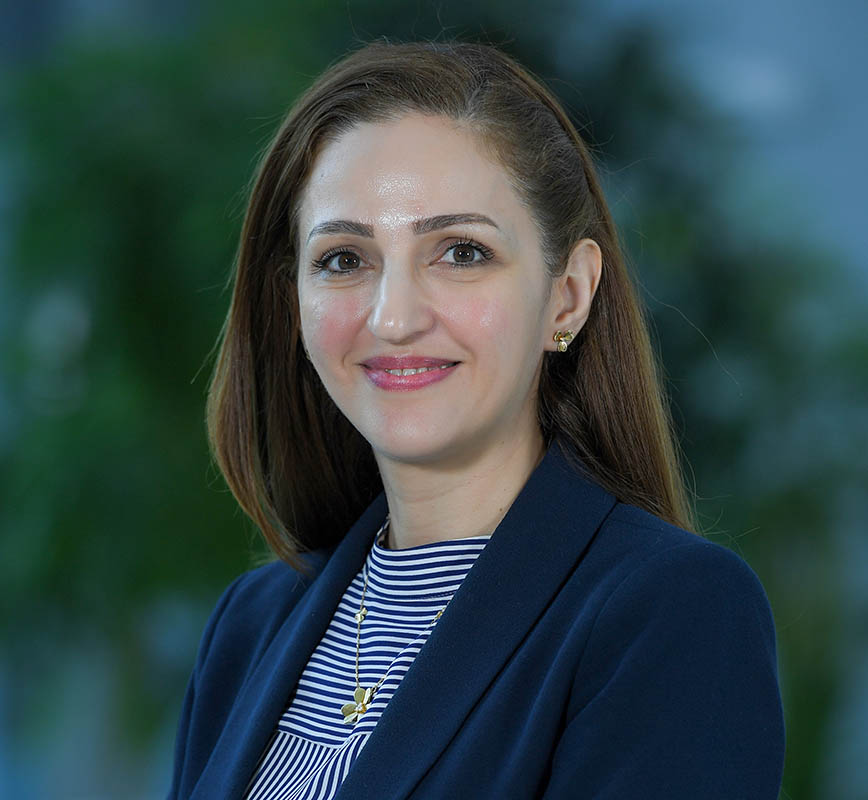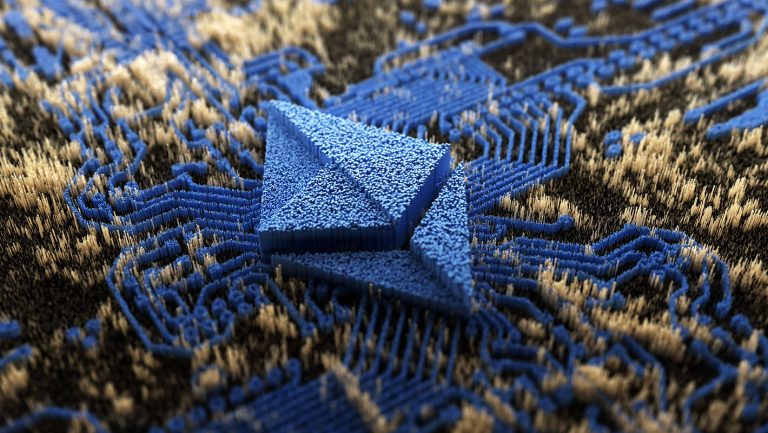Using lipid indices to signal cardiovascular and renal outcomes
Eman Alefishat, Associate Professor at Khalifa University’s Department of Medical Sciences and Assistant Dean for Medical Education at the College of Medicine and Health Sciences.
With a PhD in physiology and pharmacology from the University of Nottingham in the United Kingdom, Eman Alefishat began her academic career at the University of Jordan in 2011, going on to assume roles there including assistant dean for hospital affairs and director for the PharmD program. In 2019, she joined Khalifa University as a founding faculty member to establish the College of Medicine and Health Sciences.

What is your role at the College of Medicine and Health Sciences?
I serve as the assistant dean for medical education, where I oversee the curriculum, assessments, and program outcomes. I actively contribute to various committees and task forces at the college, university, community, national, and international levels. I also serve as a faculty member at the Harvard Macy Institute-Harvard Medical School on the Leading Innovation in Health and Education course.
My research primarily focuses on antimicrobial resistance and cardiometabolic and immune biomarkers, and improving health-related outcomes
Tell us about your recent research activities.
Within my research projects on cardiometabolic diseases, our recent work involves collaboration with multiple clinical sites to collect data from patients with diabetes and healthy controls. Our current project focuses on utilizing lipid indices as predictors of cardiovascular and renal outcomes among individuals with type II diabetes, using a significant dataset from various health centers in Abu Dhabi. This research aims to assess the association between lipid indices and health-related outcomes, with the goal of determining their potential as predictors of cardiovascular/renal outcomes. We are at the data analysis stage and will publish our results soon. Additionally, we intend to conduct a study to investigate the predictive ability of these indices in the progression from prediabetes to diabetes.
“We drive initiatives aimed at identifying and supporting students’ areas of interest to facilitate their progress.”
Eman Alefishat
What recent initiatives have been launched at the College of Medicine?
We drive several initiatives aimed at identifying and supporting students’ areas of interest to facilitate their progress. We’ve established clear criteria and rubrics, awarding an Area of Excellence certificate to students meeting these standards. Our program spans various disciplines, encompassing clinical skills in internal medicine, surgery, pediatrics, community outreach, and peer tutoring.
What about active collaborations and clinical partnerships?
At the level of our students’ clinical training, we maintain robust partnerships both locally and internationally. In the UAE, our primary clinical partner is Sheikh Shakhbout Medical City (SSMC), with additional training provided at Cleveland Clinic Abu Dhabi (CCAD) and other UAE-based healthcare facilities.
During their final year, our students also undertake electives across the Emirates and internationally. For their clinical electives, our students have the opportunity to receive clinical training at prestigious institutions such as George Washington Hospital, Cedars-Sinai, and other healthcare institutions in the United States, as well as the University of Ottawa, in Canada.
Within my own research, I have established collaborations with healthcare centers here in Abu Dhabi, including CCAD and SSMC, and across the UAE. Additionally, I collaborate with institutions regionally and internationally, in the United States, United Kingdom, Jordan, and many other countries.




